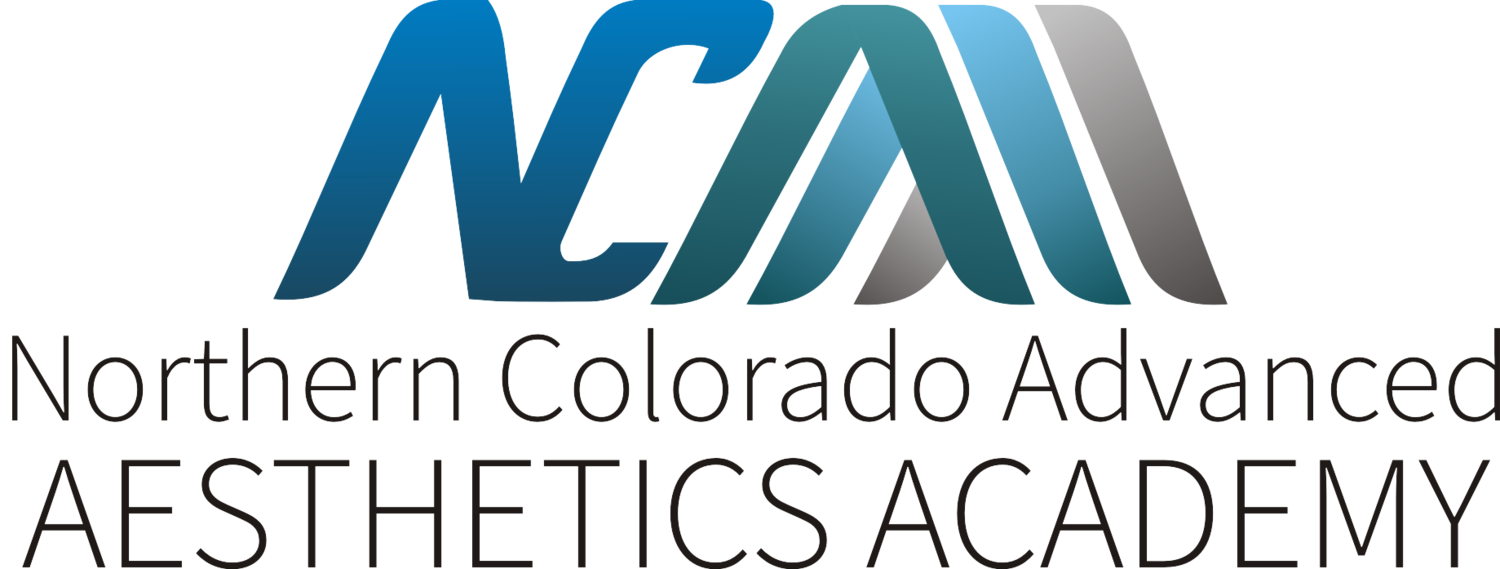Esthetics: Understanding Chemicals and How They Affect Skin
As a student in an aesthetic academy, it is essential to understand how cosmetic chemicals incur different reactions from varying skin types. Hence, it is vital to gain knowledge and experience in chemical handling to know which can affect or benefit your clients' skin once you're already a working licensed professional.
So to give you a deeper understanding of the different chemicals and their impact on the skin, here is a guide that can give you the knowledge you need to provide the best type of treatment as an esthetic student in the cosmetician program.
Harmful Chemical Types
One of the problems you don't want to have in the future is an undesired chemical reaction from a specific treatment that you've given a client. Thus, it only fits that you familiarize yourself with harmful chemical types that may incur unpleasant skin reactions.
Generally, most of the chemicals used in the cosmetic industry are safe. However, certain compounds may provoke a different reaction as expected. That said, it is crucial to be mindful of chemical classifiers that may do more harm than good to your client.
1. Allergens
Generally speaking, allergens are elements in the environment such as dust mites, pollen, ticks, molds, and many more harmless to most people. But within the cosmetic industry, these refer to substances like fragrances and preservatives that can induce allergic reactions.
2. Carcinogens
Fundamentally, carcinogens are agents with the capacity to cause cancer in humans. And unbeknownst to many, these substances can be present in natural compounds. Thus, you have to be wary of carcinogenic agents in esthetics such as formaldehyde and mineral oils.
3. Endocrine Disruptors
At the most basic level, endocrine disruptors are chemicals and substances that can interfere and affect the endocrine system. These can cause adverse effects on the body's developmental, neurological, reproductive, and immunity processes in more ways than one. Usually, you can find these in BPA, dioxin, and phthalates.
FDA-Regulated Chemicals Types
Aside from the harmful agents listed above, it is also critical to stay up-to-date on chemicals regulated or modulated by the Food and Drug Administration (FDA) in the US to know which are safe and which aren't. Check out some of the substances that the FDA does not approve of as ingredients in cosmetic products below.
Bithionol
Chloroform
Chlorofluorocarbon Propellants
Halogenated Salicylanilides
Hexachlorophene
Mercury Compounds
Methylene Chloride
Vinyl Chloride
Chemical Usage Safety Tips
Now that you are more aware of harmful chemicals in the cosmetic industry, you must apply this knowledge in your practice. Always read the labels and check the dates of compounds and substances that you will be using.
Furthermore, it would be good to have an in-depth understanding of the ingredients in various cosmetic products to administer better treatments and procedures for your clients. In this way, you'll have a much better chance of doing a great job as an esthetician.
Conclusion
Admittedly, esthetician students need to focus on perfecting their craft by paying more attention to specific procedures and treatments. However, it is not good to only emphasize basic skills. As a future esthetician, note that it is your job to safeguard your client's health. Thus, it is equally important to pay attention to substances and chemicals that may pose a threat to them.
Northern Colorado Advanced Aesthetics Academy is a distinguished esthetician school in Colorado that offers aesthetics and advanced aesthetics career training. If you're aiming to be a top licensed esthetician in the future, this is the perfect place to gain knowledge and experience in the field. Contact us today to start your training!
